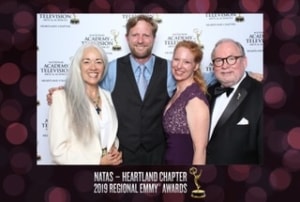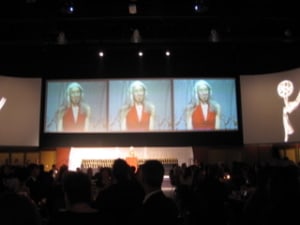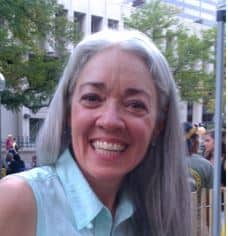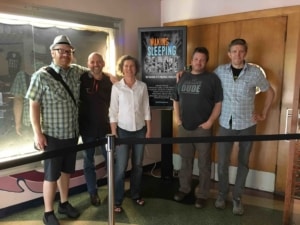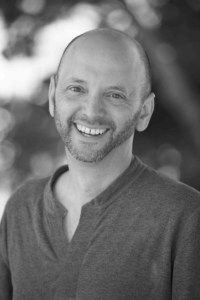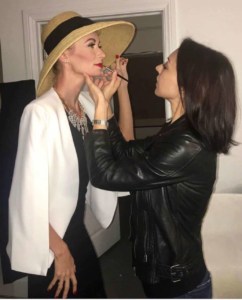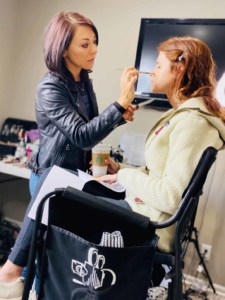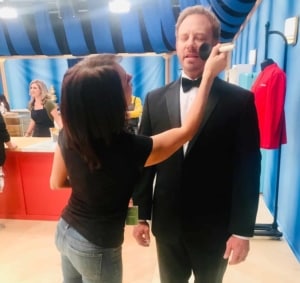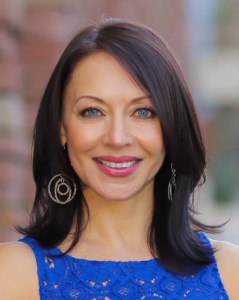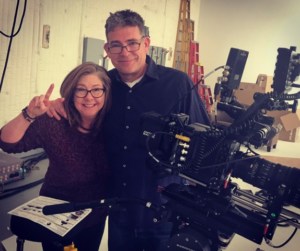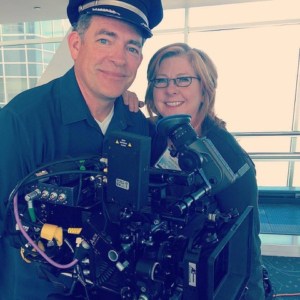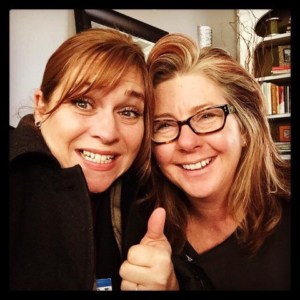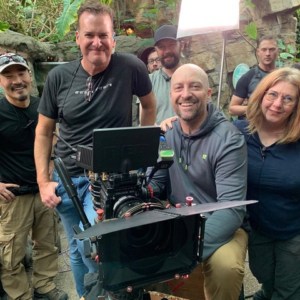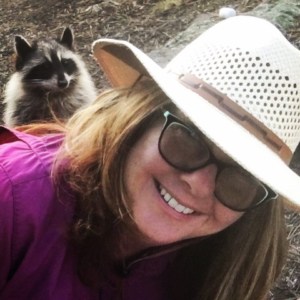Summary
Todd is a working makeup effects artist and designer. He began his career in entertainment with PBS while a graduate student in Television Production at the University of Tennessee. Before starting his own small effects shop (BaPoFX) in Denver, Colorado, Todd worked as a production manager, writer, and producer for cable pioneer Ted Turner at TBS in Atlanta. He was also a writer/producer with 20th Century Fox Television in Los Angeles, and a visual effects animator for Warner Brothers, Walt Disney Pictures, and Walt Disney Television Animation. Among his feature film credits are Die Hard 2, Contact, Batman and Robin, Incoming Freshman, Cannon Fodder, The Enemy God, Decay, Apartment 212 (Gnaw), Hoax, and Ink, just to name a very few. Todd has sculpted and molded wounds used in the 2013 Tom Hanks film, Captain Phillips. Some of his television credits include Jag, and an uncredited contribution to one of his favorite TV programs, Dr. Who.
Show Notes
[00:12] Introduction
[2:31] Todd's Background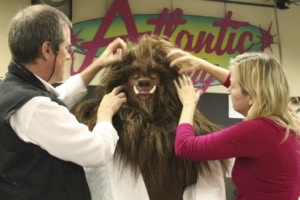
- Grew up in Cleveland, Ohio and Boston, Massachusetts, and Atlanta, Georgia
- Lived in Pennsylvania and California until the Northridge earthquake
- Todd has resided in Colorado since 1994
- Originally was interested in medicine, after an adventurous childhood, and was a surgical assistant in his teens
- Credits Ghoulardi with his initial interest in monster makeup
- Introduced to Curt by Cory Taylor Bryant
[8:25] Thoughts on retirement, and still being able to do the things you love
[10:25] Of art in the family and aptitude testing
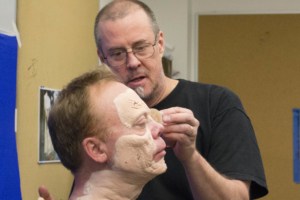
[11:52] Todd's ‘LA Story‘
[16:44] Running an Equity Waiver theatre
[18:25] ‘I knew them way back when..' and how Todd met Gregory Peck
[20:13] The move to Colorado
[22:08] Trying to shape the future of film in Colorado
[24:16] Can you guess who all got their start in Colorado? (hint: some of them kill Kenny on a regular basis!)
[27:04] Back Porch FX (BaPoFX) and Pro*Am Prosthetics, and Shrek the Musical
[29:58] Pre-visualization on Contact, Gnaw (Apartment 212), and Hoax
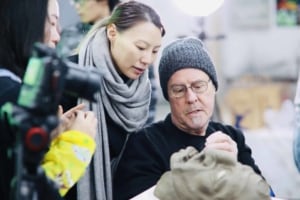
[33:24] The cost of doing business with FX
[34:45] Training; Dick Smith‘s advanced course, books, and Stuart Bray, navigating the dangerous waters of online resources
[37:21] Recommendations on how to start in the makeup business, and how Todd's book came to be
[45:09] The most powerful mentors
[47:11] Todd and Stuart's podcast and Prosthetics Magazine tutorials
[48:43] How technology has changed the makeup business, and the talented Landon Meier
[50:33] Of molds and sculpting
[52:30] The many ways and places where special effects makeup and makeup special effects are used
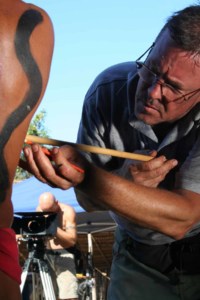
[56:03] Retaining the services of a makeup effects artist and setting a budget; of Rick Baker and haemophobia
[60:07] Avoiding the makeup malfunctions during filming; “don't be a dick” and “be excellent to each other”
[1:02:24] What to look for in a great makeup artist
[1:05:54] Defining different styles of makeup
[1:06:58] IATSE and the union experience
[1:09:21] How to build a solid business in makeup, even if you barely survived college
[1:13:24] The value of asking for assistance, recognizing opportunity, and showing initiative
[1:17:34] Asking directly versus paying it forward
[1:19:03] Advice for aspiring makeup artists in Colorado
[1:20:17] Creatively digging for local work and learning how to wear different hats (i.e. “be a useful non-dick”)
[1:23:03] The Monsterpalooza Experience
[1:25:15] The brilliance of Shane Hurlbut
[1:27:49] SIGGRAPH and the NAB Show
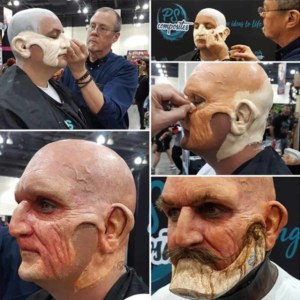
[1:29:06] Todd's dream projects (wink, wink, nudge, nudge: drop Stephen Schwartz a line here)
[1:29:52] The best pieces of advice Todd has ever received
[1:32:08] The life cost of making money, or “the worst day in hell beats the best day in advertising”
[1:33:53] Common mistakes in makeup
[1:36:47] The biggest lesson of 2019
[1:37:34] The biggest life lesson
[1:39:07] Dealing with fame as an outgoing introvert
Links and Resources
Be sure to check out podcasts with other great guests in the film and media industry on our DMP Podcast Page!

